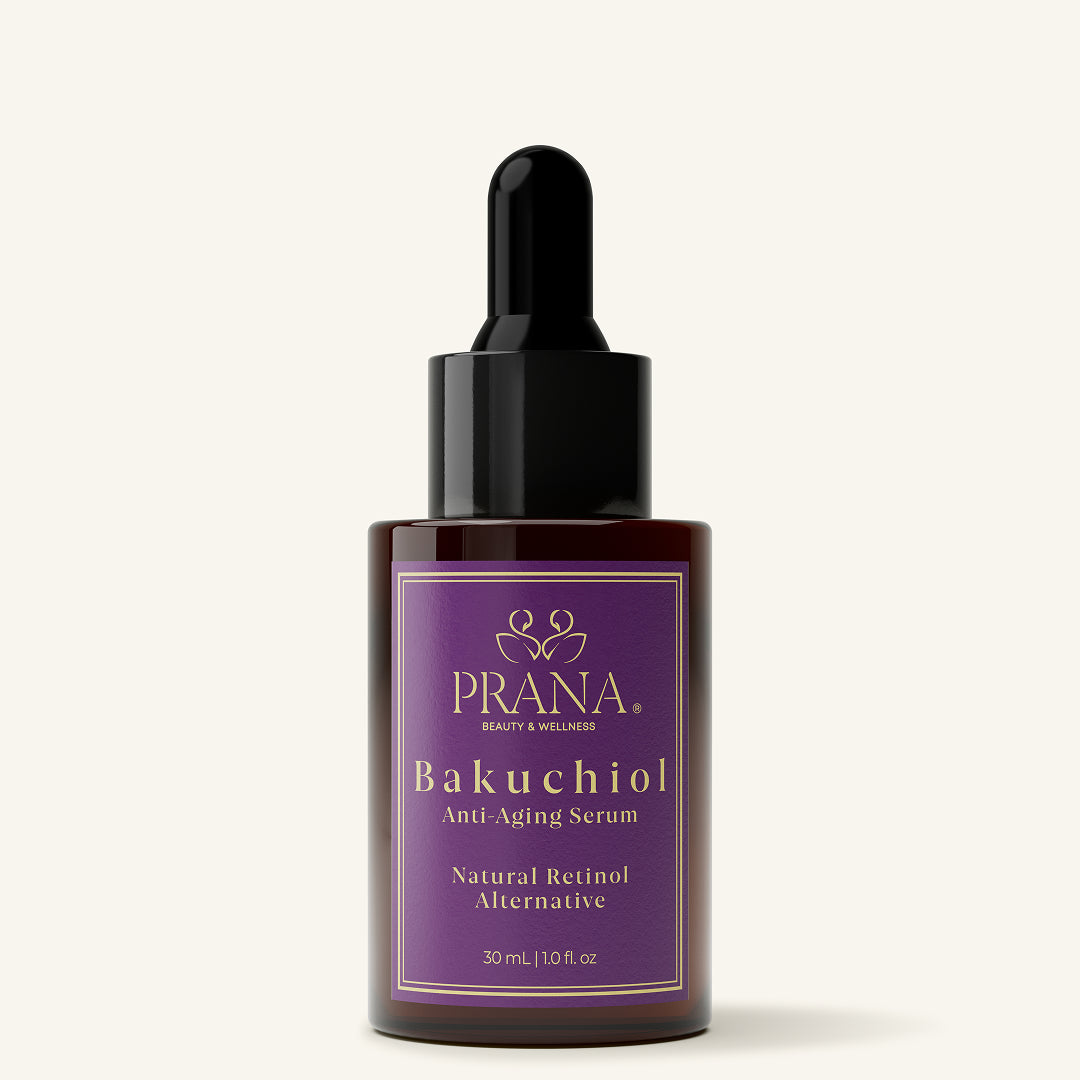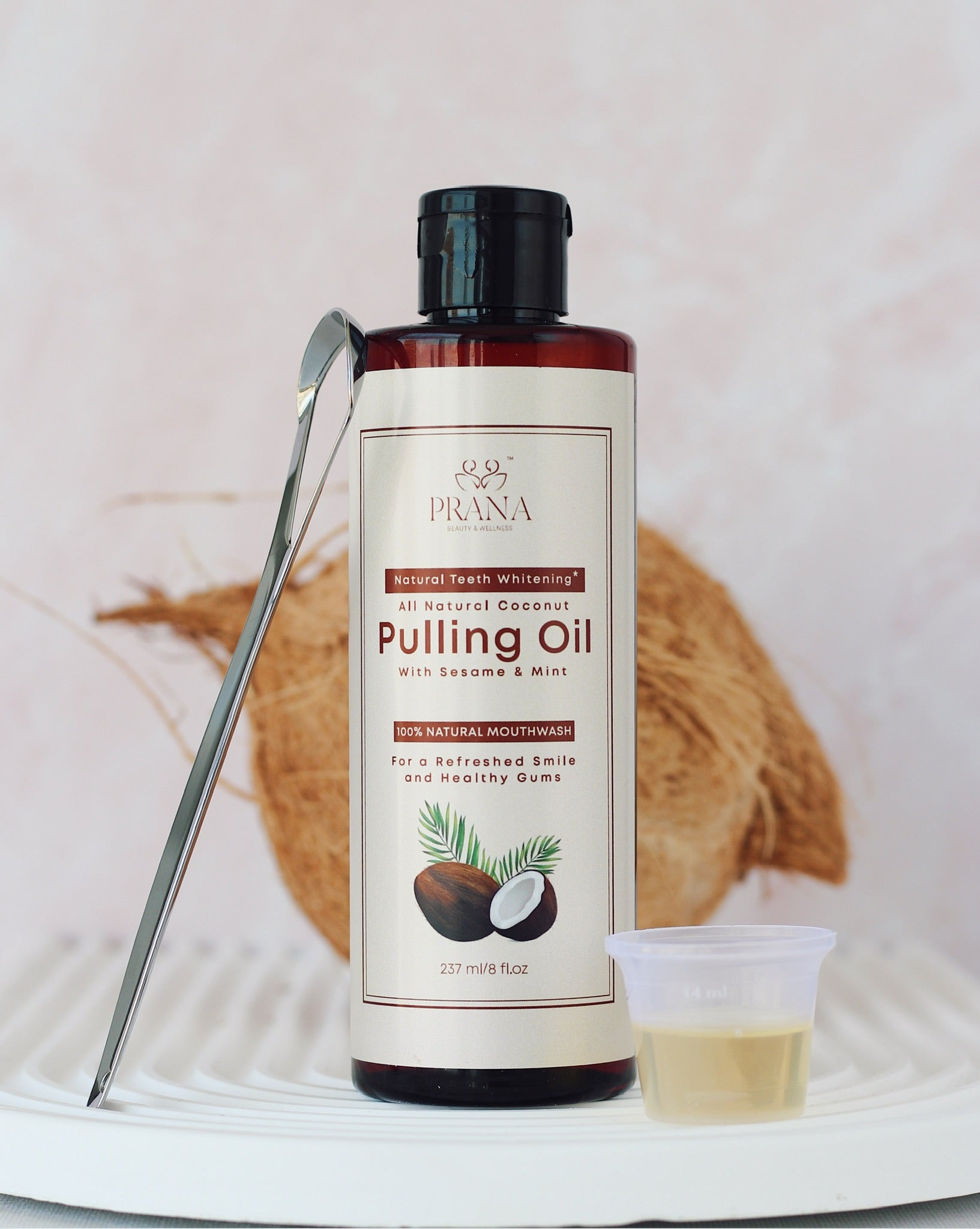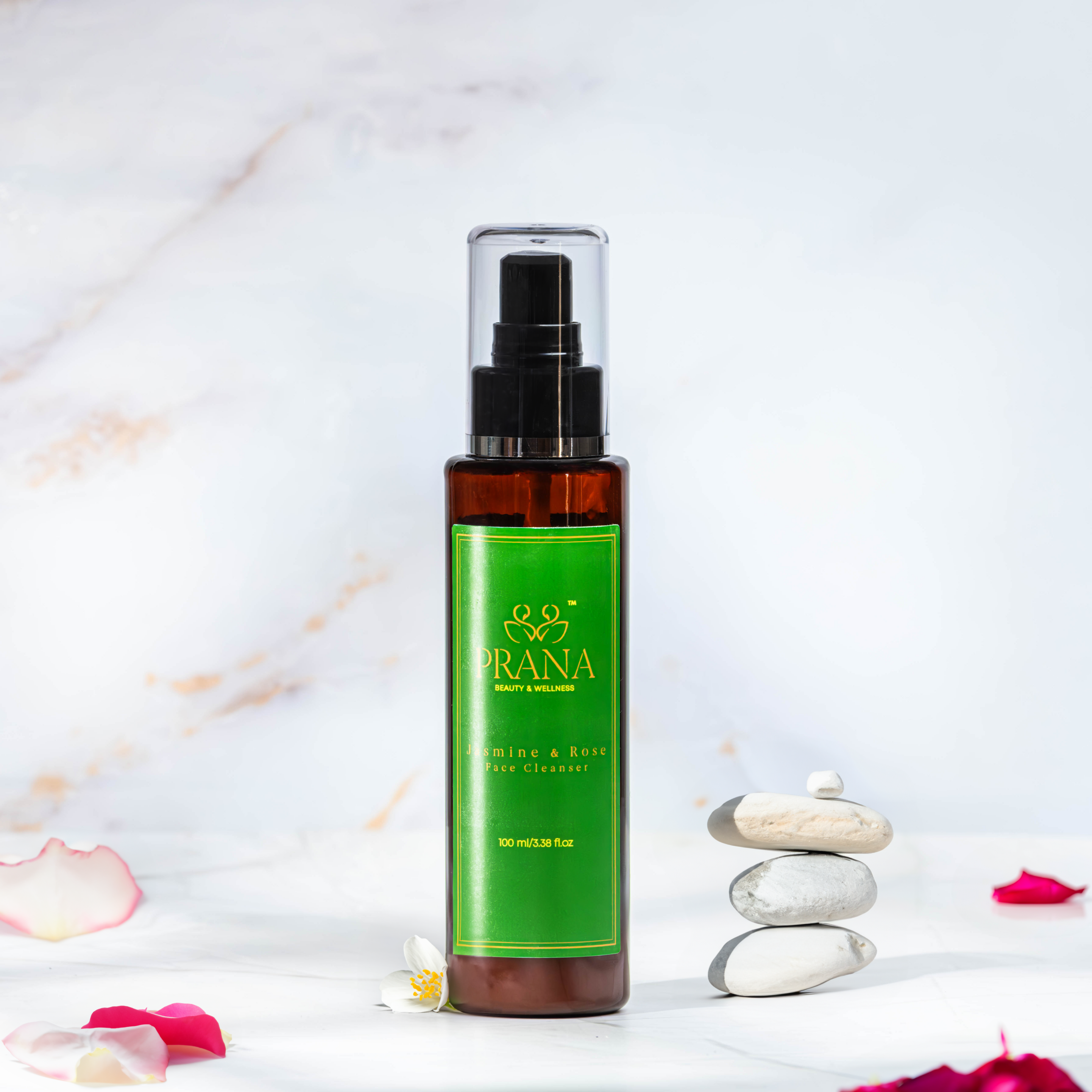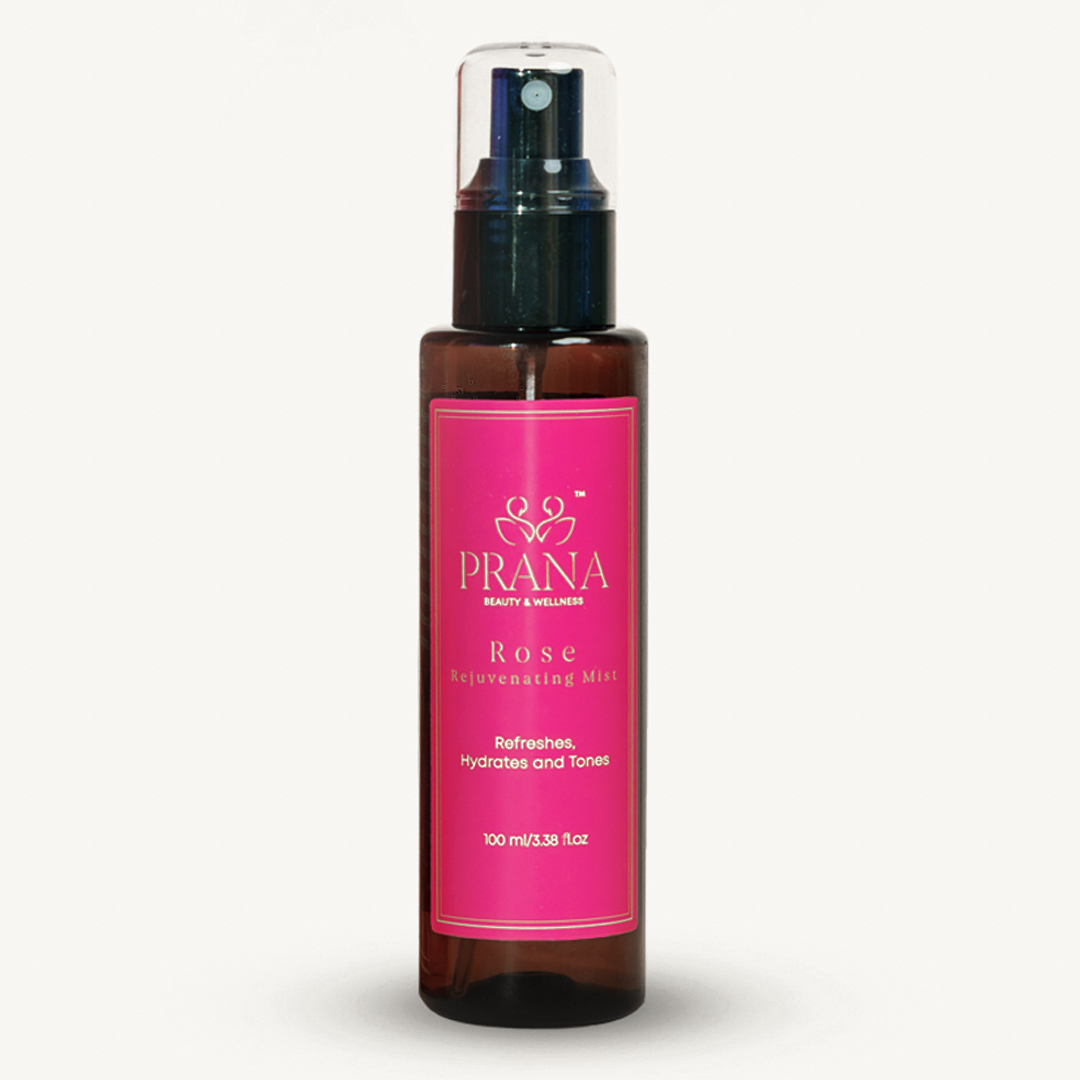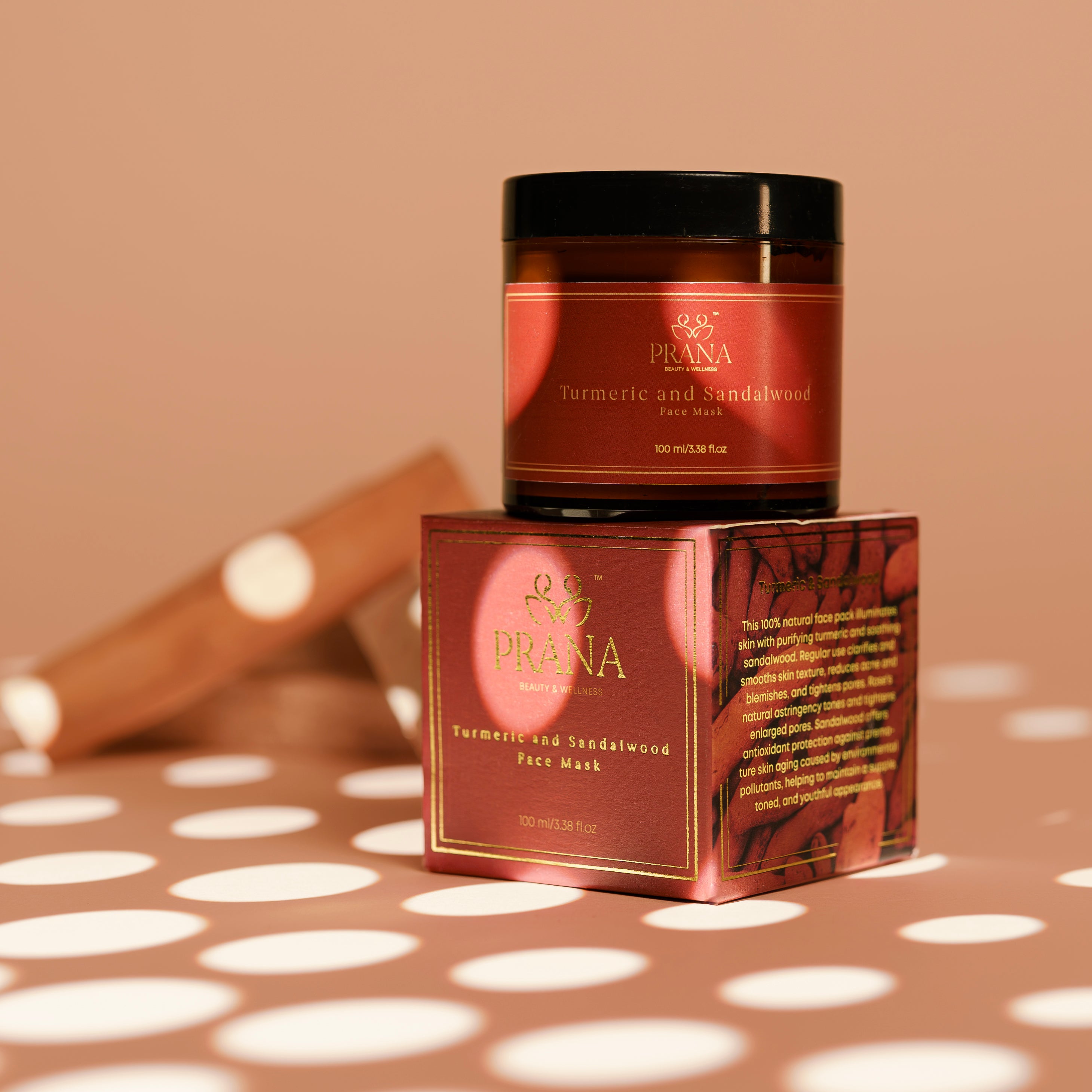Coconut Oil Effect on Oral Bacteria – Fact Check

Did you know that around 700 species of microbes can live in one mouth? This fact has led to many questions about natural wellness. One big question is: Does coconut oil remove bacteria in the mouth?
The American Dental Association says there's not enough proof that oil pulling lowers cavity risk or whitens teeth. But, experts at Cleveland Clinic and Healthline think coconut oil might help reduce some germs. They say this could happen when you use it along with regular brushing and flossing. We want to find out if coconut oil really does affect oral bacteria, without replacing your usual dental care.
Key Takeaways
- Many microbes can thrive inside the mouth.
- Some sources question if oil pulling truly helps.
- Coconut oil may reduce certain oral bacteria.
- Dental professionals urge continued brushing and flossing.
- Researchers call for more scientific proof on this topic.
- We balance traditional wisdom with modern studies.
Understanding Coconut Oil’s Properties
We're getting more interested in coconut oil. This tropical extract is being looked at for its uses in our daily lives.
What is Coconut Oil?
Coconut oil comes from mature coconuts. It's solid at cooler temperatures. It's full of medium-chain fatty acids, making it great for cooking and personal care.
Key Components of Coconut Oil
Lauric acid is a standout fatty acid in coconut oil. It may boost the body's defense. Palmitic acid and caprylic acid also play important roles.

Effects of Coconut Oil on Oral Health
Many see coconut oil as good for oral health through oil pulling. This can help cut down on plaque. Its antimicrobial properties may also help gums, which is key for a healthy smile.
We recommend using it along with regular dental check-ups and brushing. Coconut oil is a helpful addition, but it can't replace dental care. It helps control bacteria, giving people peace of mind in their oral care routine.
The Science Behind Oral Bacteria
Our mouths are home to many tiny creatures that can harm our teeth and gums. Some help keep things balanced, while others cause problems. Streptococcus mutans is a big troublemaker because it makes acid that leads to cavities and gum problems.
It's key to keep these bad guys under control. Many people turn to coconut oil pulling as a natural way to help their oral health, along with brushing and flossing.
Types of Bacteria in the Mouth
Our mouths have both good and bad bacteria on our teeth, tongue, and soft tissues. Good bacteria like lactobacilli help keep the bad guys in check. But, other bacteria love to cause tooth decay.
Keeping a healthy balance in our mouths depends on good cleaning habits and knowing what helps or hinders a healthy balance.
Role of Oral Bacteria in Overall Health
The tiny creatures in our mouths can affect more than just our teeth. They can also impact how fresh our breath is and how strong our gums are. Some research suggests that oral health issues might be linked to bigger health problems in the body.
We think coconut oil pulling can be a helpful addition to regular dental care. It helps keep the balance of good and bad bacteria in our mouths, leading to healthier smiles and better overall health.
Oil Pulling: An Ancient Practice
We love old wellness tricks that really work. Oil pulling is one of them. It means swishing coconut oil in your mouth for a few minutes. It's meant to get rid of bad germs and leave your mouth feeling fresh.

What is Oil Pulling?
It's about moving oil around your teeth and gums. Healthline says coconut oil's lauric acid might help kill germs. This keeps your mouth cleaner.
Origins of Oil Pulling
It started in ancient Ayurvedic traditions. Back then, people used sesame or sunflower oil. Now, coconut oil is popular for natural mouth care.
Steps for Effective Oil Pulling
1. Take one tablespoon of coconut oil.
2. Gently move it around in your mouth for 10–20 minutes.
3. Spit it out in a trash can to avoid clogging drains.
4. Then, brush your teeth as usual.
We suggest adding oil pulling to your daily brushing and flossing routine. Don't replace it entirely.
Research on Coconut Oil and Bacteria
New studies are showing promise for coconut oil in dental health. Experts point to a journal called Healthcare. They say it might help cut down on certain oral bacteria.

There's growing interest in its possible benefits. It could help fight plaque and gum issues. We're watching as more research unfolds.
Studies Supporting Coconut Oil’s Efficacy
Studies show a decrease in bacterial growth, like Streptococcus mutans. Some studies suggest it could also reduce signs of gingivitis. Daily use seems to help with inflammation.
Mechanism of Action Against Bacteria
Lauric acid in coconut oil seems to break down bacterial cell walls. Swishing it around can trap and remove bacteria. This simple method can fit into your regular oral care routine.
Limitations of Current Research
Scientists say the studies are small and short. They call for more research. It might be a helpful addition, but not a replacement for dental care. More data is needed to fully understand its benefits.
Comparing Coconut Oil to Other Oils
We look at different ways to care for our mouths by comparing coconut oil to other oils. Taste, texture, and fatty acid content play a big role in what we choose. These factors help us find the best way to keep our mouths healthy.
Coconut Oil vs. Olive Oil
Dietitians talk about coconut oil's high lauric acid. They say it helps keep the mouth clean. Olive oil also has special compounds, but some find it too thick.
Many use olive oil in cooking but not for swishing. It's not as popular for mouth care.
Coconut Oil vs. Sunflower Oil
Some traditions use sunflower oil for mouth care. It has a mild taste that people like. Coconut oil, on the other hand, is loved for its lauric acid.
Both oils can feel soothing. But, everyone has their own favorite.
Benefits and Drawbacks of Each
Each oil has its own way of helping with mouth care. Olive and sunflower oils have unique tastes. They might be better for those who don't like coconut's taste.
Coconut oil is popular for its lauric acid. But, all these oils should be part of a daily routine. Brushing and flossing are key to good mouth health.
Practical Benefits of Using Coconut Oil
Many wonder, does coconut oil remove bacteria in the mouth? Health fans see it as a gentle addition to their dental routine. Swishing coconut oil can loosen debris and cut down on plaque, some scientists say. But the American Dental Association stresses brushing, flossing, and regular dental visits.
Reducing Plaque Formation
Swishing oil for a few minutes can trap particles and reduce plaque. This simple action might become a natural part of brushing, making your mouth cleaner.
Freshening Breath
Bad breath often comes from certain bacteria. Does coconut oil remove bacteria in the mouth? Some think it helps freshen breath by reducing these bacteria. But brushing is the main way to keep breath fresh.
Supporting Gum Health
Gums can get less irritated with less bacteria. A coconut oil rinse might ease inflammation in sensitive spots. It works best when used with a regular oral care routine.
- Swish the oil for 5-10 minutes
- Spit it out completely
- Finish with your regular brushing routine
This easy practice could make your oral care routine more comfortable.
Safety and Considerations
We think physical health starts with careful habits. When looking into coconut oil for oral health, safety is key. The Cleveland Clinic says oil pulling should not replace brushing or flossing. Let's look at how to keep your routine safe.
Any Possible Risks?
Swishing oil might seem easy, but too much force can hurt your jaw. Some people might feel a bit sore if they don't like the feel or taste. If you're uncomfortable, stop right away.
Recommended Usage Guidelines
Sticking to a routine is important. Experts say use about one tablespoon for 10–20 minutes. Don't spit it down the drain. Keep up with brushing, flossing, and dental visits too.
Who Should Avoid Coconut Oil?
If you're allergic to coconut, it's best to avoid it. Those who don't like its feel might try something else. But many find coconut oil good for their mouth because of its natural benefits.
Personal Experiences and Testimonials
Many people say they have a brighter smile after trying coconut oil pulling. They like the soothing feeling and feel more confident about their breath.
Some notice their teeth look whiter after a few weeks. But, others find it hard to get used to the taste or keep up with it in a busy life.
User Reviews on Coconut Oil
Some people love this natural method because it fits their holistic lifestyle. They praise its gentle texture and the cleanliness it brings.
"I felt my mouth was revived right from day one."
Users say brushing and flossing are key, but oil pulling is a nice addition.
Case Studies: Success Stories and Challenges
Some case studies show better gum health with coconut oil in their daily routine. Yet, others struggle to keep it up long-term. Each story stresses the importance of being consistent and getting regular dental check-ups for the best oral care.
Dental Professional Perspectives
Many experts believe coconut oil could be useful for oral health. Our organization aims to provide balanced views on natural oral care options. The American Dental Association doesn't officially support oil pulling, but some dentists see it as a good supplement to brushing and flossing.
Healthline notes it might help with common oral issues. But, they say more research is needed to confirm this.
What Dentists Say About Coconut Oil
Dentists generally agree coconut oil can't replace fluoride for preventing cavities. They acknowledge its antimicrobial benefits but recommend it as a supplement. Studies have shown positive results, but more research is needed to confirm its effectiveness.
Integrating Coconut Oil into Oral Hygiene
Experts suggest trying coconut oil by swishing it in your mouth once a day. Some do it before brushing, while others prefer after. Dentists emphasize the importance of brushing, flossing, and using fluoride regularly. They see coconut oil as a natural addition for those looking for alternative care.
Conclusion: Is Coconut Oil Effective?
We looked into whether a traditional method can help with healthy teeth and gums. Lab studies show some benefits, but it's not a full replacement for brushing or dental visits. We aim to give balanced info for those looking for natural ways to care for their teeth.
Summary of Key Findings
Coconut oil might help with plaque and mild gum problems. Studies show it can remove some bacteria, but results differ. Most research wants more studies to confirm these findings.
Future Research Directions
We suggest more studies to see how coconut oil stacks up against regular mouthwashes. We need to understand how it works and the best times to use it. This will help experts give better advice on oral care.
Final Thoughts on Coconut Oil and Oral Hygiene
Combining oil pulling with brushing, flossing, and dental visits is a good approach. Coconut oil could be a helpful addition for extra mouth cleaning. The early signs are encouraging, and more research might reveal its full benefits.


